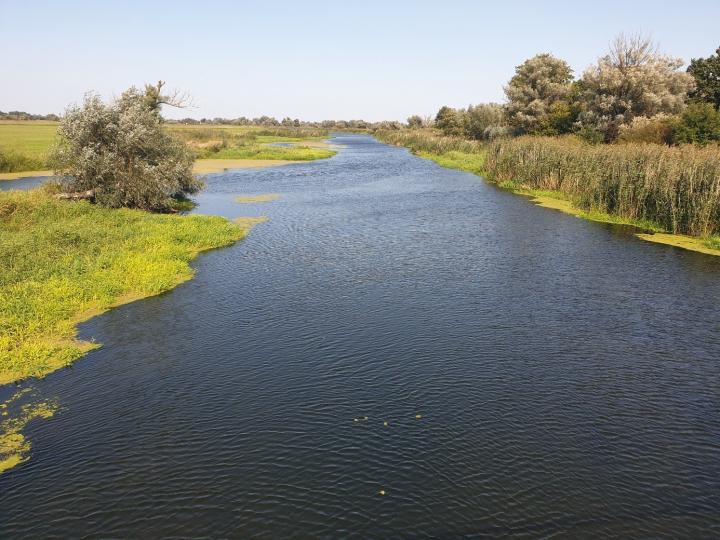Collaboration between Leipzig University, the University of Tübingen and the Technical University of Darmstadt

Credit: Christoph Zielhofer, Leipzig University
Floodplains are exceptionally dynamic landscapes and key areas of Europe’s cultural and natural heritage. Strategies for land reclamation and risk minimisation, such as flood defence systems, have meant that up to 95 per cent of Central Europe’s floodplains have been extensively restructured or destroyed. Even floodplains that are still in a near-natural state have already been transformed by human intervention. The Priority Programme will investigate the extent to which humans have had an influence on changes to floodplains, and since when.
Christoph Zielhofer, Professor of Physical Geography at Leipzig University, is coordinating the first period of the project: “Floodplains are global hotspots of early human interference and socio-ecological mechanisms in the interplay between humans and nature. Case studies have shown that human-induced changes in floodplain surfaces and environments began long before industrialisation, in the medieval and pre-industrial modern periods. We want to find out when and why humans became the controlling factor in how floodplains change, and how exactly the interaction between human society and nature worked.”
Professor Gerrit Jasper Schenk, Professor of Medieval History at the Technical University of Darmstadt, adds: “Floodplains are the cradle of our culture. Whether in Mesopotamia or on the Rhine, they are an incubator of sociocultural developments, while at the same time serving as sensors of the dangers posed by the increasingly dominant impact of humans.”
Professor Natascha Mehler and PD Dr Lukas Werther from the Department of Medieval Archaeology at the University of Tübingen and Gerrit Jasper Schenk, Professor of Medieval History at the Technical University of Darmstadt, are also involved in the Priority Programme.
As model regions, the team’s systematic comparative analyses will focus on the river systems of the Rhine, the Elbe and the Danube, all of which underwent transformation at an early stage and have long been of major socio-cultural importance. “Given the specific geographical and temporal framework, we also expect to draw conclusions about the development of other floodplains in Central Europe. This should provide insights of global relevance on the question of when and to what extent human activity has had a potentially harmful impact on the natural world. In this context, we speak of an anthroposphere,” said Dr Lukas Werther. In the interplay between archaeology, geosciences and history, the interaction of humans with their environment “on the way to the fluvial anthroposphere” will be researched from a multidisciplinary perspective employing innovative methodological approaches.
Professor Natascha Mehler and Professor Gerrit Jasper Schenk are delighted by the funding decision: “To be awarded a Germany-wide funding programme – which will incorporate international expertise to research landscapes ranging from natural floodplains to those heavily influenced by human activity – for the next six years is fantastic news for the whole team.”
###
Media Contact
Professor Christoph Zielhofer
[email protected]




